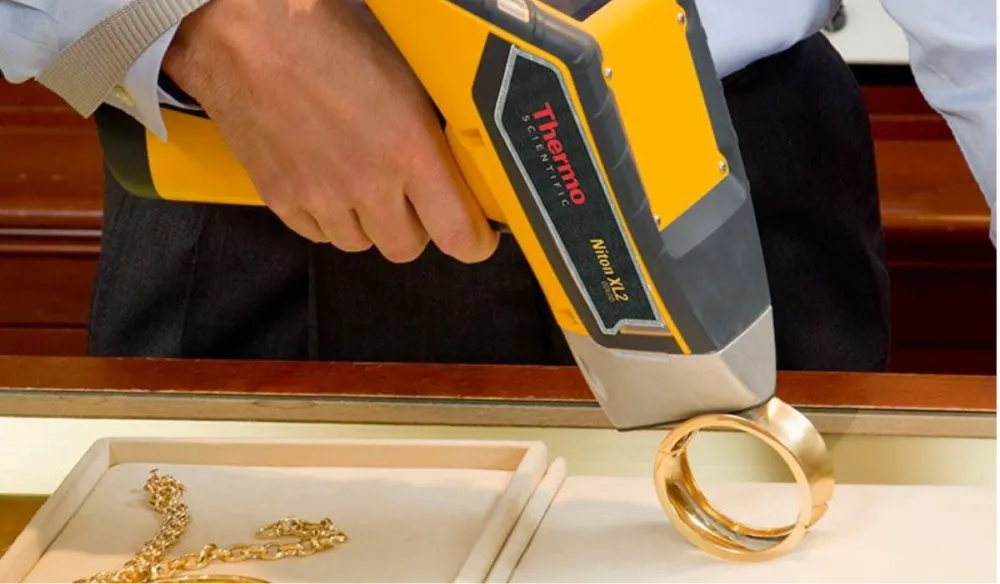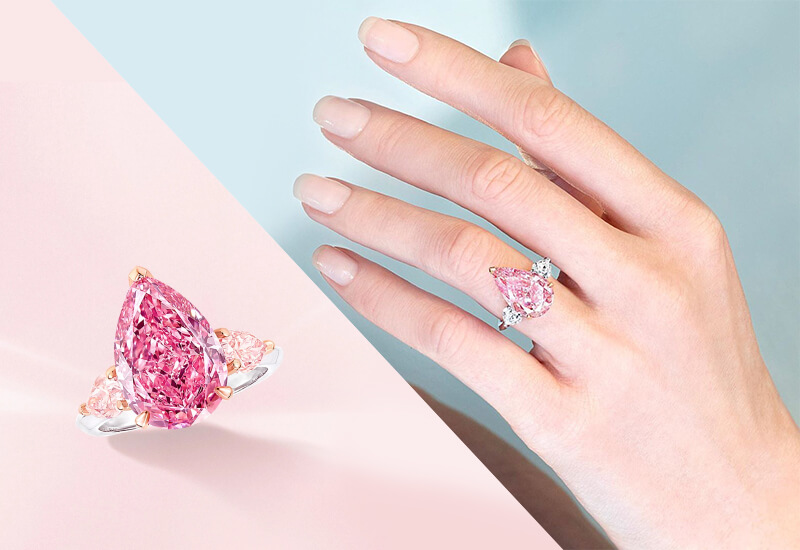Pawn shops have long been a staple in the world of personal finance, providing quick access to cash for individuals in need. However, one of the most crucial aspects of using a pawn shop is understanding how your items are valued. In this article, we’ll take a deep dive into the process of pawn shop valuation, explaining how pawn shops determine the worth of items, factors that influence the valuation, and tips on how to get the best deal.
What Is Pawn Shop Valuation?
Pawn shop valuation is the process by which a pawn shop determines how much money it will offer you for your item in exchange for a loan or a sale. The valuation involves an assessment of various factors, such as the item’s condition, market demand, and resale potential.
Typically, pawn shops provide loans based on the value of the items you bring in. If you are unable to repay the loan within the agreed-upon time, the pawn shop keeps the item and may sell it. If you are looking to sell, the shop buys the item outright, usually at a lower price than it would sell for.
How Pawn Shops Determine the Value of Your Items
Pawn shops assess the value of a wide range of items, including jewelry, electronics, watches, firearms, collectibles, and more. Understanding the valuation process can help you prepare for a visit and increase your chances of receiving a fair offer.
1. Item Condition
The condition of your item is the first factor a pawn shop will consider. If the item is in excellent condition, it is more likely to fetch a higher price. For example, a well-maintained piece of jewelry with no visible damage will typically be valued higher than one that shows signs of wear and tear.
2. Brand and Quality
Brand names and the quality of materials play a significant role in pawn shop valuation. High-quality brands like Rolex for watches, or Gucci for handbags, will usually carry more value than lesser-known brands. In general, items made from valuable materials (like gold, silver, or platinum) are more likely to result in higher valuations.
3. Market Demand and Popularity
Pawn shops also take into account current market trends and demand for the item. If the item is in high demand or has significant resale potential, it may be valued higher. For instance, vintage collectibles or limited-edition items may carry significant value because of their rarity.
4. Item Authenticity
Pawn shops generally prioritize authentic, branded items because they have a higher resale value. Counterfeit or damaged goods will be valued much lower, as the pawn shop cannot resell them for a profit.
5. Weight and Size
For items like jewelry or precious metals, the weight and size of the item are key components in the valuation process. The larger or heavier the item, the higher the potential offer will be.
The Pawn Shop Valuation Process
Step 1: Bring In Your Item
To begin the valuation process, you need to take your item to the pawn shop. Be sure to bring any certificates of authenticity, original packaging, or receipts, as these can help boost the value.
Step 2: The Appraisal
Pawn shops will conduct a quick appraisal to determine the value of the item. Depending on the type of item, this could involve a simple inspection or a more detailed evaluation. For example, jewelry might be tested for karat weight and quality, while electronics might be tested for functionality.
Step 3: Offer and Negotiation
Once the pawn shop has assessed the value of your item, they will make an offer. The offer will typically be lower than the item’s market value since the pawn shop must account for profit margins, the risk of not selling the item, and any associated costs. It’s always worth negotiating if you feel the offer is too low.
Step 4: Loan or Sale
If you’re accepting a loan, the pawn shop will offer you a percentage of the item’s value as a loan, usually around 25% to 60%. You can repay the loan within a specified period, and if you do, you will get your item back. If you are selling, the pawn shop will buy the item outright, and you’ll walk away with cash.
Key Factors That Can Affect Pawn Shop Valuation
While the basic principles of valuation apply to most items, gold buyers Melbourne, there are specific factors that can affect the value differently depending on the type of item you’re pawning or selling.
1. Jewelry Valuation
When pawning jewelry, the primary factors that influence the valuation are:
- Metal Type: Gold, platinum, and diamonds tend to hold more value than less precious metals like silver.
- Gemstones: The size, quality, and type of gemstones affect the value significantly. For example, a diamond’s clarity and cut are important factors in its appraisal.
- Design: Unique or designer jewelry pieces might be valued higher than mass-produced items.
2. Electronics Valuation
Electronics like phones, laptops, and gaming consoles are valued based on:
- Age and Condition: Newer models in excellent working condition are typically valued higher.
- Brand and Features: Items from well-known brands, like Apple or Sony, are often worth more.
- Functionality: Pawn shops will test whether the device works and is free of defects.
3. Firearm Valuation
Firearms are subject to different valuation processes, taking into account:
- Make and Model: Firearms from respected manufacturers (e.g., Colt, Smith & Wesson) are valued higher.
- Condition: The better the condition, the higher the valuation.
- Age: Antique firearms or those with historical significance may carry a premium.
4. Collectibles and Antiques Valuation
Collectibles, antiques, and rare items like art, vintage toys, or memorabilia can be difficult to appraise. The valuation is often based on:
- Rarity: Limited-edition or rare items can fetch significant prices.
- Condition: Items in mint or near-mint condition will always be valued higher.
- Provenance: Items with a documented history or authenticity certificates tend to be worth more.
How to Maximize Your Pawn Shop Valuation
1. Clean Your Items
Present your items in the best possible light by cleaning them. Jewelry should be polished, and electronics should be wiped down. The better your item looks, the more likely the pawn shop will value it higher.
2. Know the Market
Do some research on the current market value of your items before visiting the pawn shop. Understanding what your items are worth will help you gauge if you’re getting a fair offer.
3. Be Prepared to Negotiate
Pawn shops expect some negotiation, so don’t be afraid to counter their offer if you feel it’s too low. Have a firm understanding of your item’s worth and be ready to discuss it.
Conclusion
Pawn shop valuation is an important process when you need quick access to cash. Understanding how pawn shops assess the value of your items will help you make informed decisions and get the best possible offer. Remember to consider factors like item condition, brand, market demand, and authenticity to maximize the value of your items.
By preparing properly, doing your research, and negotiating effectively, you can ensure that you walk away with the best possible deal.




:max_bytes(150000):strip_icc():focal(750x404:752x406)/bleu-royal-diamond-christies-110823-2-77201b5d48c3447e8a5b0b30d94176e0.jpg)